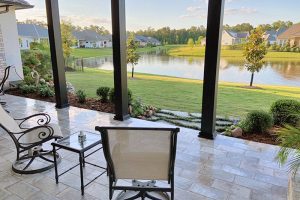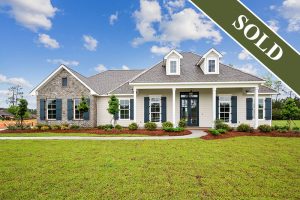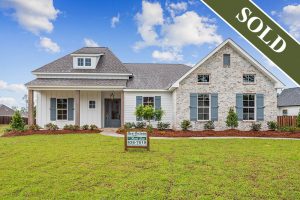
One of the most popular reasons to downsize is becoming empty nesters but this is not the only reason to downsize. Many homeowners just want a smaller home or move to the city into a high-rise condo. If you are considering downsizing your home for whatever reasons, making an informed decision is best. Before taking the leap, do an honest evaluation of what you feel your outcome will be if you decide to downsize. Here are several questions Realtor.com advises those who are seeking to downsize need to ask themselves.
Does it make financial sense to downsize?
Just because you downsize doesn't mean you are saving money. If you are downsizing to a condo, there will be additional condo fees that will add to your monthly expenses. Homeowner association fees for townhomes and condos usually include things such as landscaping, maintenance of common areas, trash and pest control.
“Consider the amount you will spend on these fees, and be mindful that HOAs tend to go up every year,” says Susan Bozinovic, a Realtor® with Century 21 Town & Country in Troy, MI.
Also, there are many other factors that can increase your expenses such as your new mortgage, taxes, cost of insurance, home maintenance and upgrades. You might be moving into a more expensive area of town or your smaller new home might need upgrades or renovations before moving in.
2. What are the financial implications of selling my home?
“Sellers need to be aware of how this sale affects their overall financial picture in regard to possible property tax increases or basis transfers and capital gains tax, and how that fits into their long-term financial planning,” says Wendy Gladson, a real estate consultant at Compass in Los Angeles.
You need to take into consideration other expenses that will occur when selling your home. These other expenses include local real estate transfer taxes, loan payoffs, home warranty, commission fees. You might be selling your home for $50,000 more than you paid for it but these fees will affect your bottom line.
3. What am I most excited about leaving behind?
Leaving a home that has many memories is hard. A smaller home means less cleaning and maintenance but make sure you are ready to leave your bigger house. If you dream of sitting outdoors on your patio instead of cleaning rooms that are rarely ever used then it is time to downsize.
4. Where will I park?
If you are downsizing to live in the city, then parking might be an issue. In the city, you might have to rent a space in a parking garage or park on the side of the street. This is not the only issue, if you are still moving in the suburbs, some smaller homes only have a one-car garage. It would not be fun to have to move cars each time you need to go somewhere.
5. What will I do with all my stuff?
A smaller living space will mean fewer rooms. If you currently have a home office, a gym, guest room or two living rooms then you will need to get rid of some of your furniture. Go through your stuff and determine what you want to keep. If you do not have enough space in your new home, then a storage unit might be the answer.
6. Should I consider a condo instead of a smaller house?
There are pros and cons to both a condo and a single-family home. There is less privacy in condos but you do not have to keep up with a yard. There is less maintenance with a condo but there are higher HOA fees associated with condo living.
7. Is the floor plan practical for your needs?
When you are downsizing, every square inch is a place to put your stuff. The floor plan is very important when it comes to getting the most space out of a smaller home.
8. Where do I want to move?
This is determined by several factors. If you are not yet retired then you will probably want to be close to work. Those that can work from home need to make sure to have some space for a home office.
When making a decision to move to a new city, state or country, make sure to determine if there are the services and lifestyle options you want in the new areas. A good idea would be to rent for a year in the new area to make sure that it is right for you.
9. Am I ready to downsize?
A good idea would be to take a look at homes in your desired area before you make a decision to downsize. You might envision yourself in a quaint one-bedroom bungalow but actually walking into one and visualizing you living there is the best way to determine if you could live in a smaller space.
“That’s when you’ll realize how small smaller really is. You’ll find yourself comparing what you have now to what you’ll have in the smaller home,” says ays Leneiva Head, principal broker/owner of Welcome Home Realty in Antioch, TN.
In a smaller home, you will have smaller rooms as well. You might be in a space that is more confined than you would want. Being mentally prepared for such a move is imperative. If you jump the gun and downsize without thinking through your decision, you could be making a big mistake.
Click Here for the Source of the Information.



